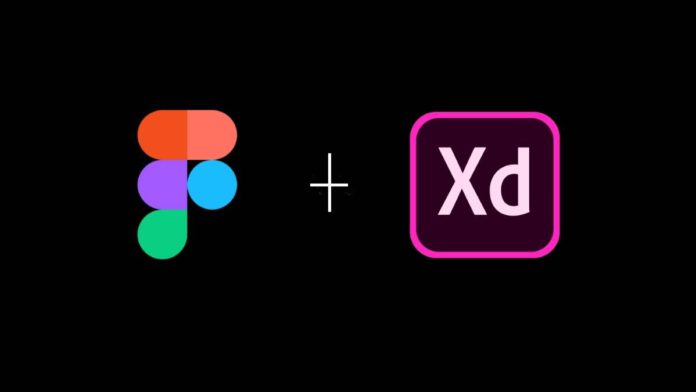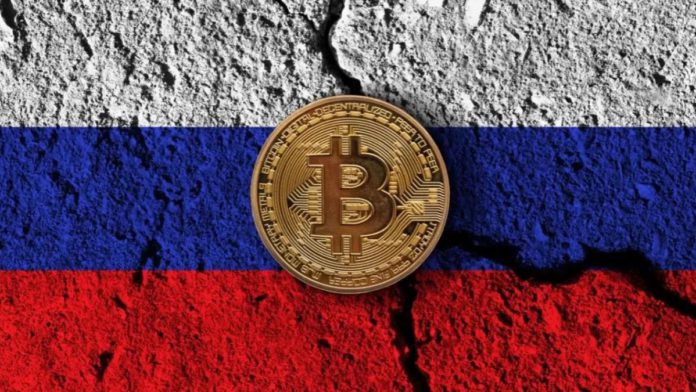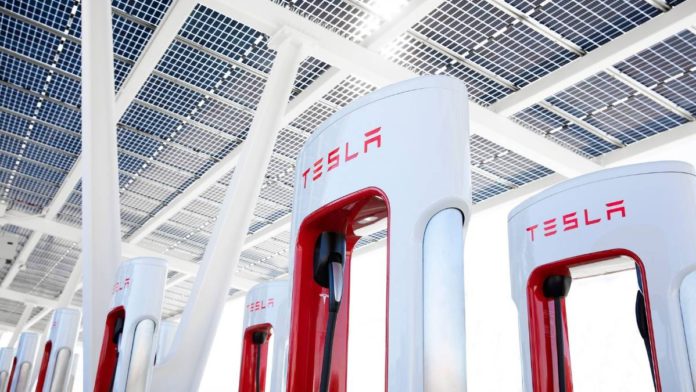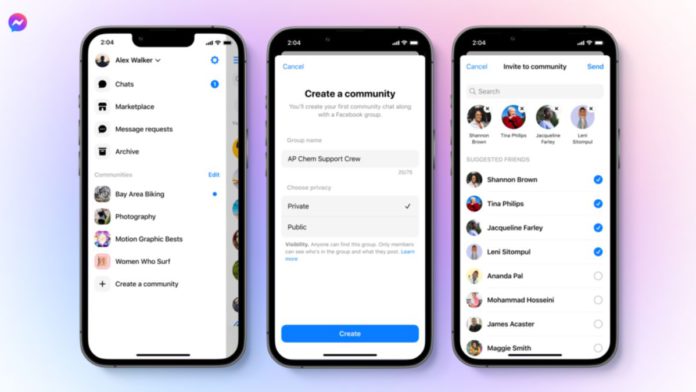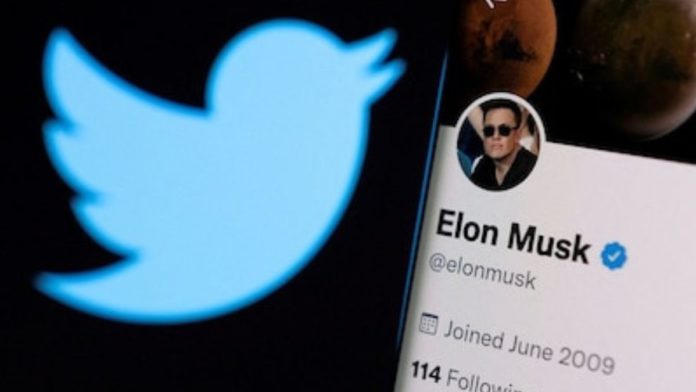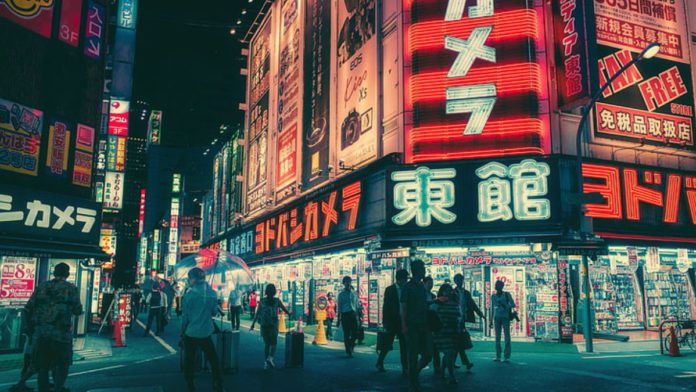Adobe has acquired Figma, a web-first collaborative design platform, for US$20 billion to enhance collaborative creativity. The acquisition is a part of Adobe’s mission to revolutionize digital experiences with its tools and platforms. The company has a history of working towards advancement with its tools like Photoshop for creative expression, PDF for electronic documentation, and Adobe Experience Cloud for digital marketing.
Shantanu Narayen, chairman and CEO of Adobe, said, “Adobe’s greatness has been rooted in our ability to create new categories and deliver cutting-edge technologies through organic innovation and inorganic acquisitions.”
Figma helps enterprises and their teams to collaborate visually and make designs accessible to everyone. The company brings all interactive mobile and web application designers together under a single, sophisticated ecosystem.
Read More: Meta to incubate 40 early-stage extended reality startups from India
Both companies share a common passion for creativity and productivity. Together, the companies plan to reimagine the future of productivity and advance product design to inspire communities globally. The merger will have an enormous, fast-growing market scope and shareholding in the entire industry.
Dylan Field, co-founder and CEO of Figma, said, “With Adobe’s amazing innovation and expertise, especially in 3D, video, vector, imaging, and fonts, we can further reimagine end-to-end product design in the browser.”
Enterprises and creators are challenged by increasing content volume in collaborations between multiple stakeholders. Figma’s multi-player capabilities will enhance Adobe’s Creative Cloud technologies to overcome this challenge.
Upon closing the agreement, Dylan Field will continue to lead the Figma team and report to David Wadhwani, president of Adobe’s Digital Media business.


